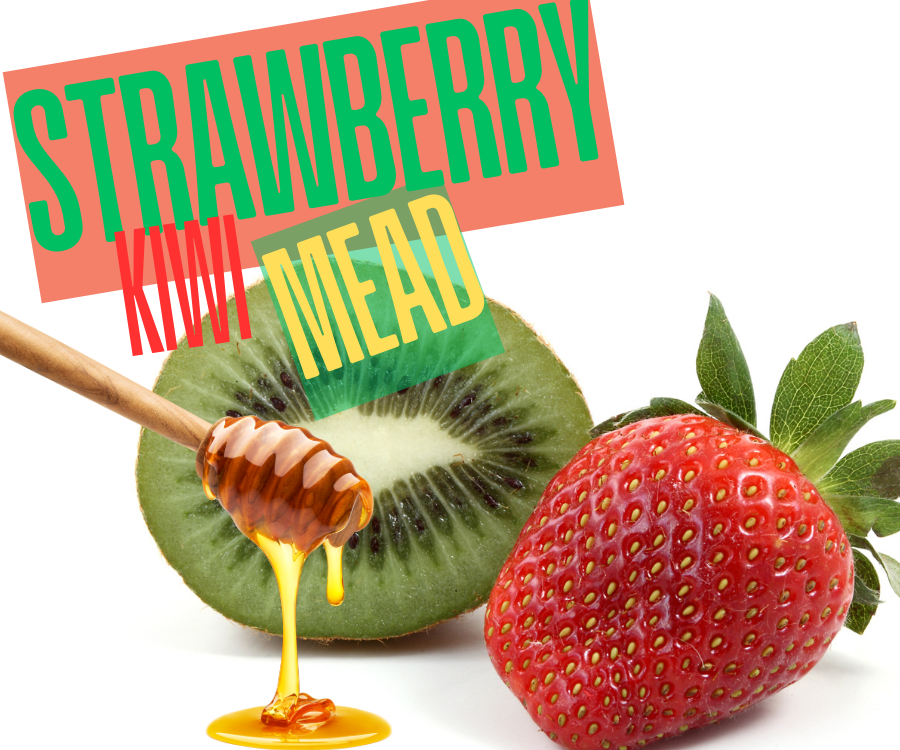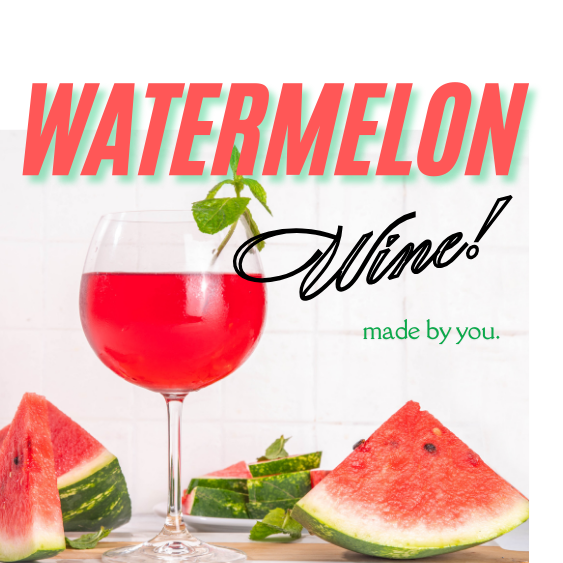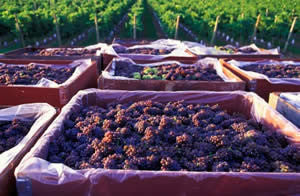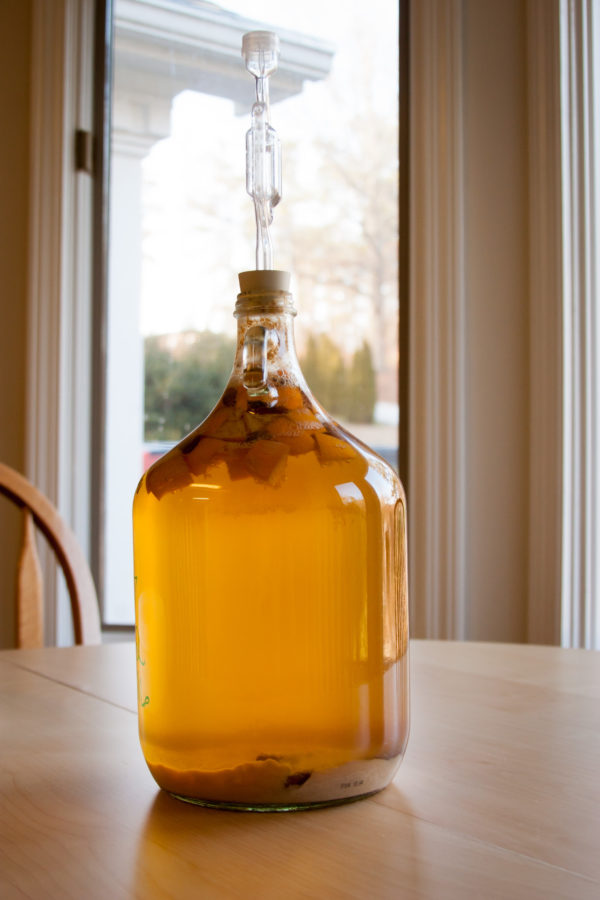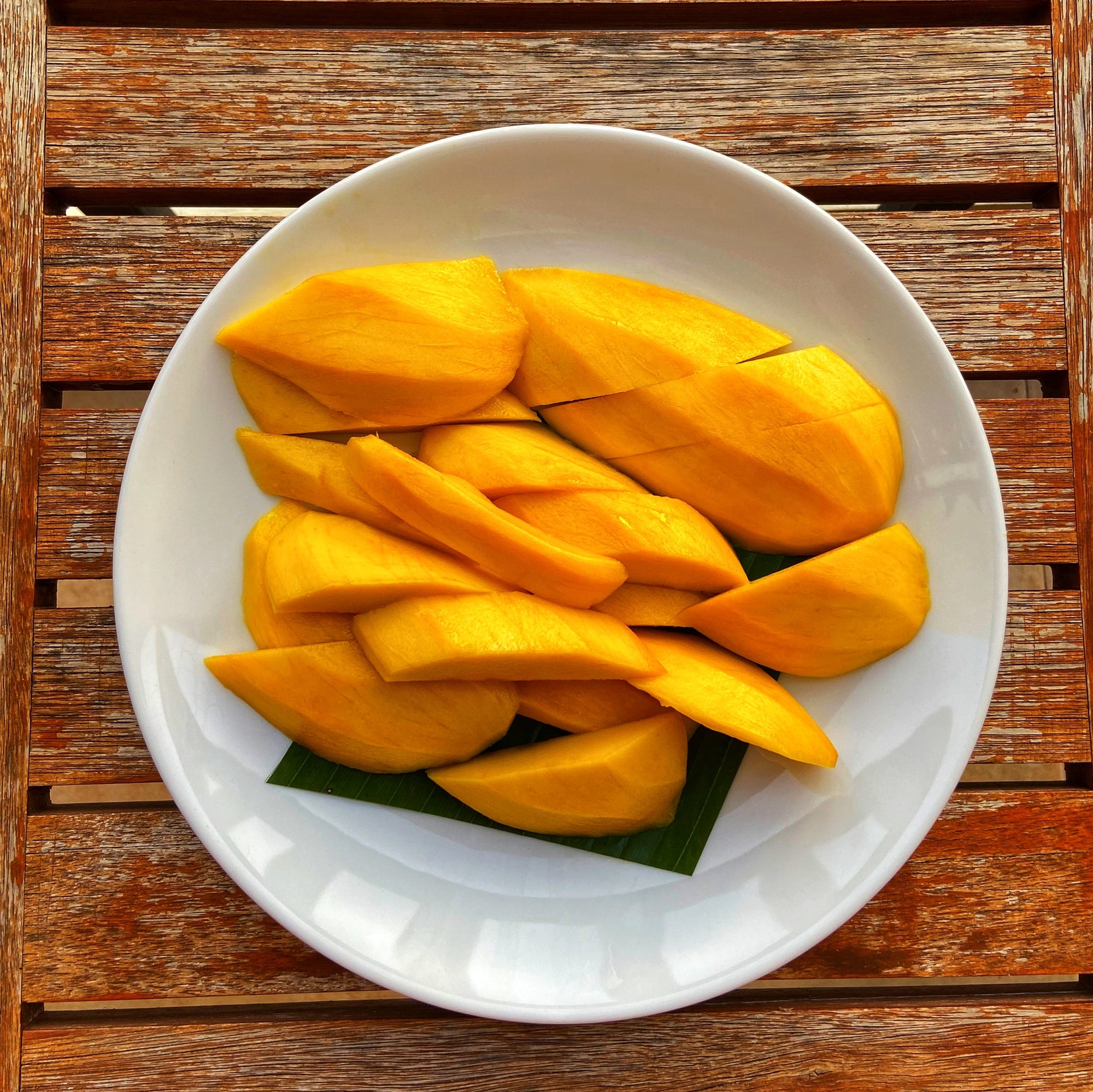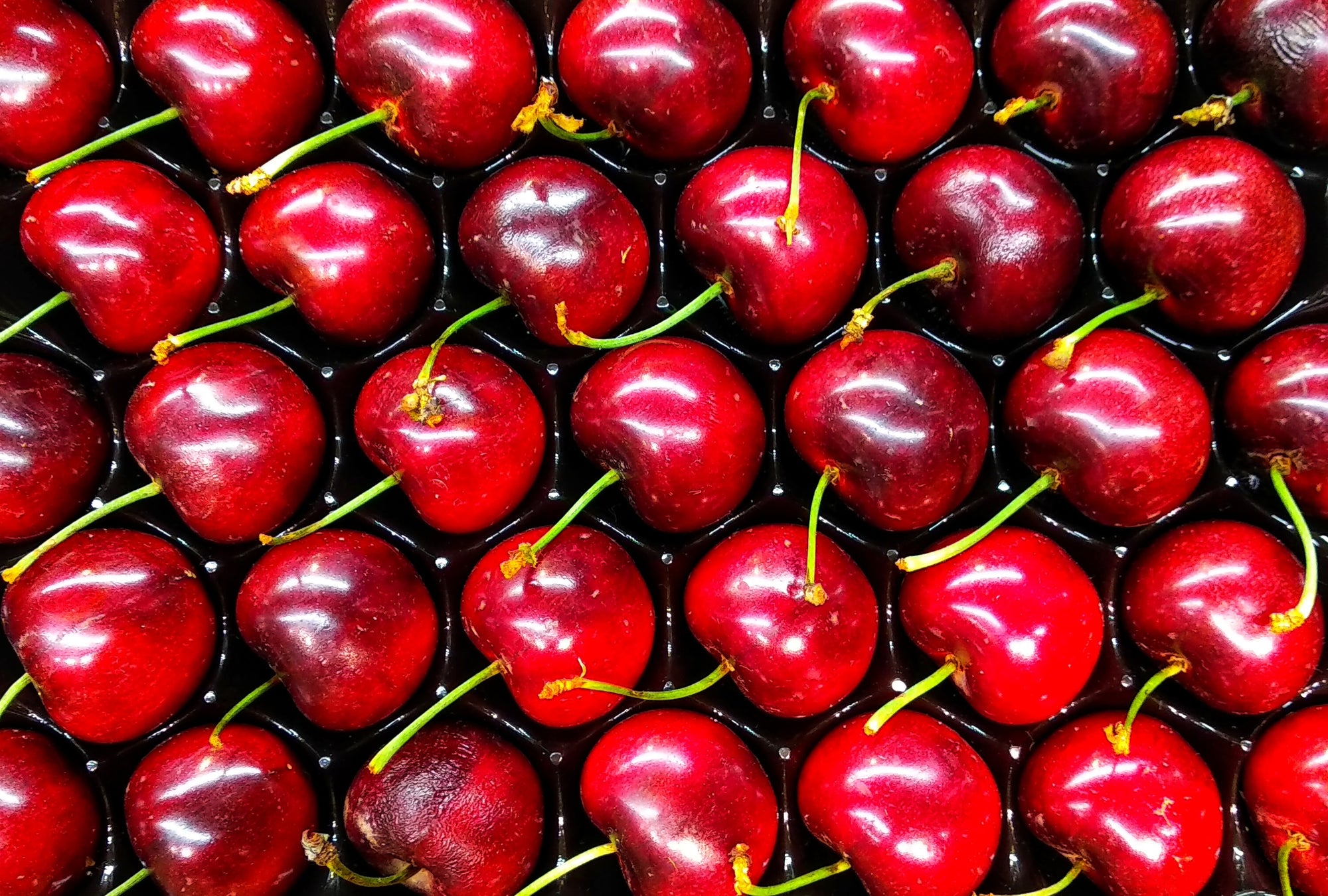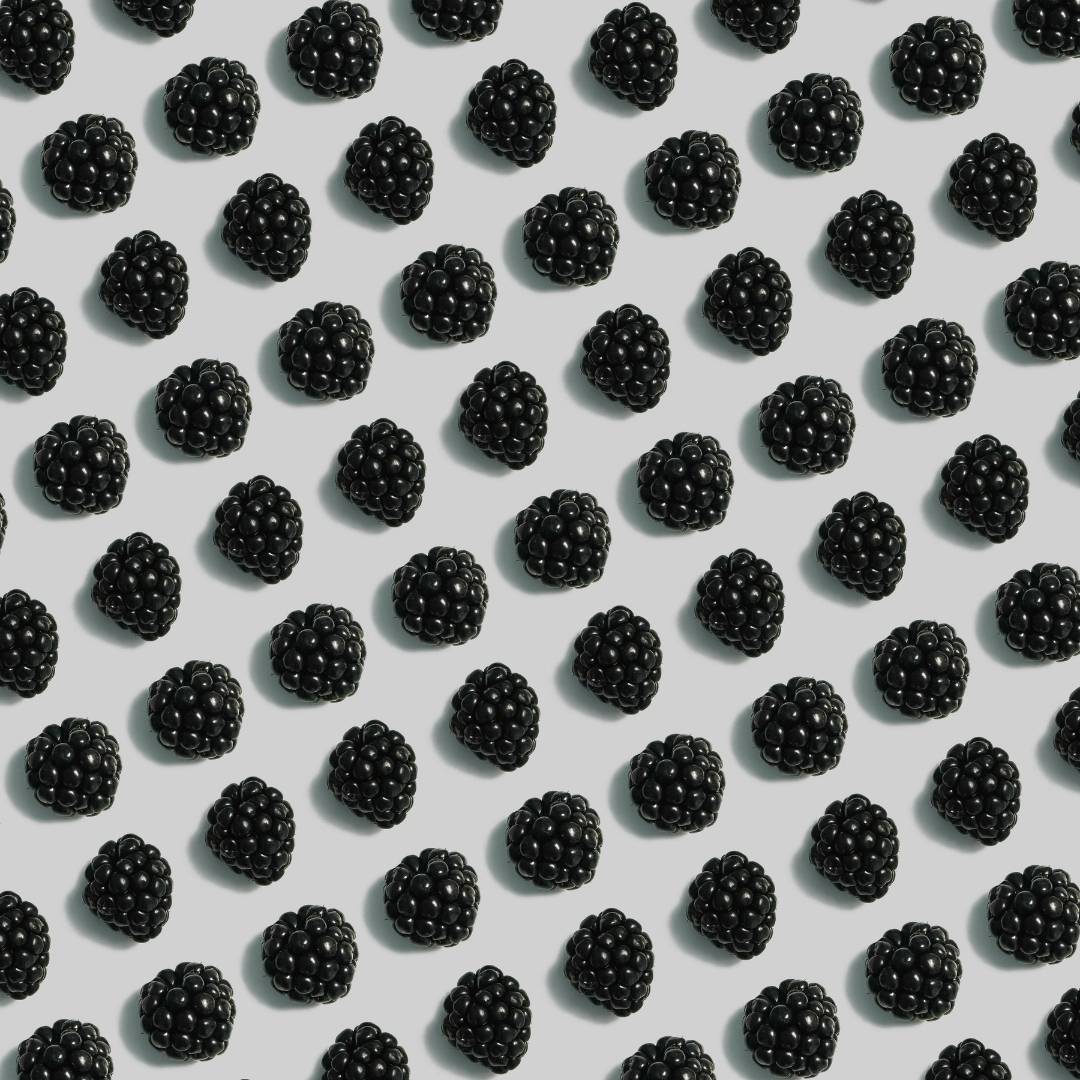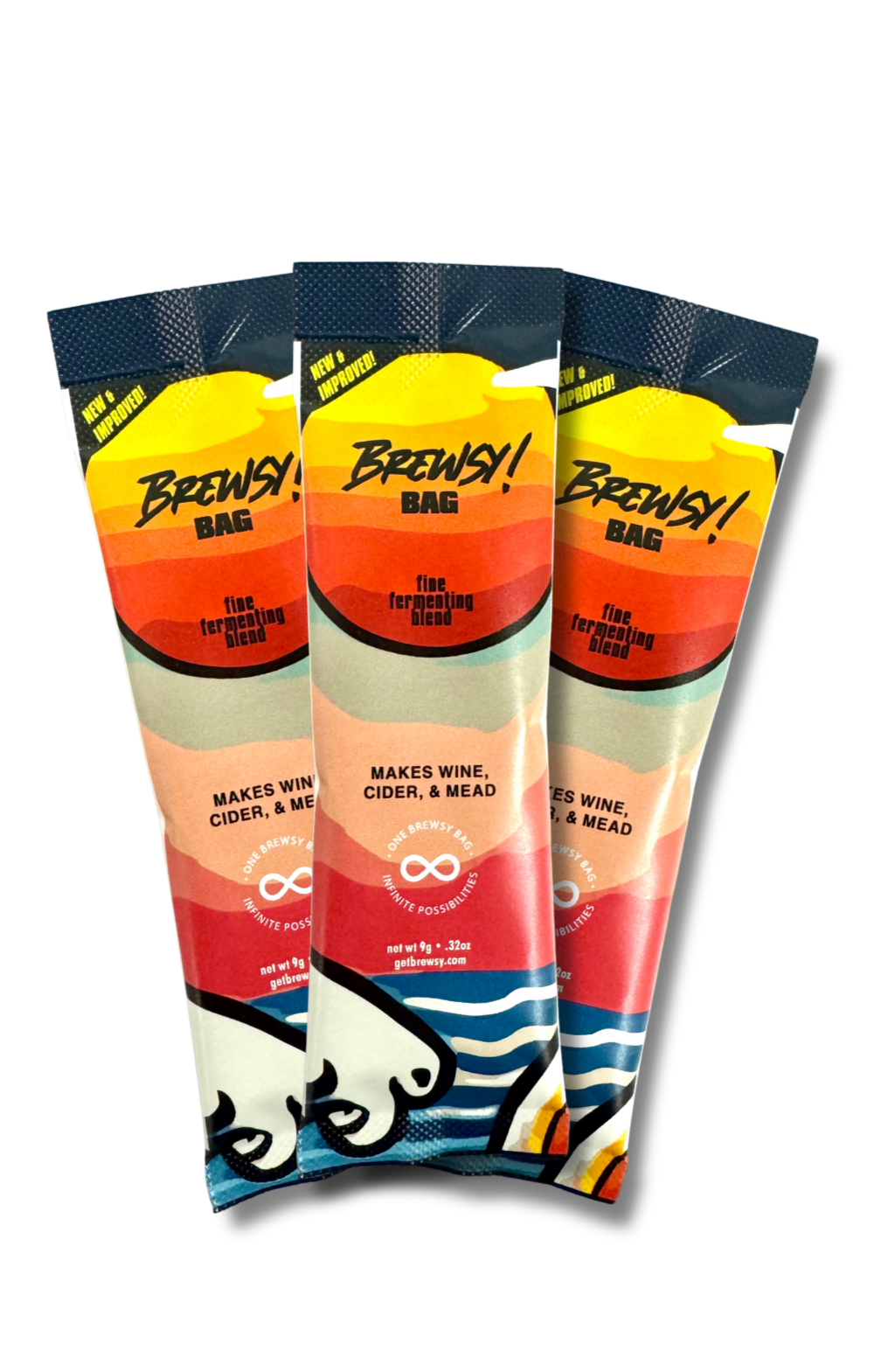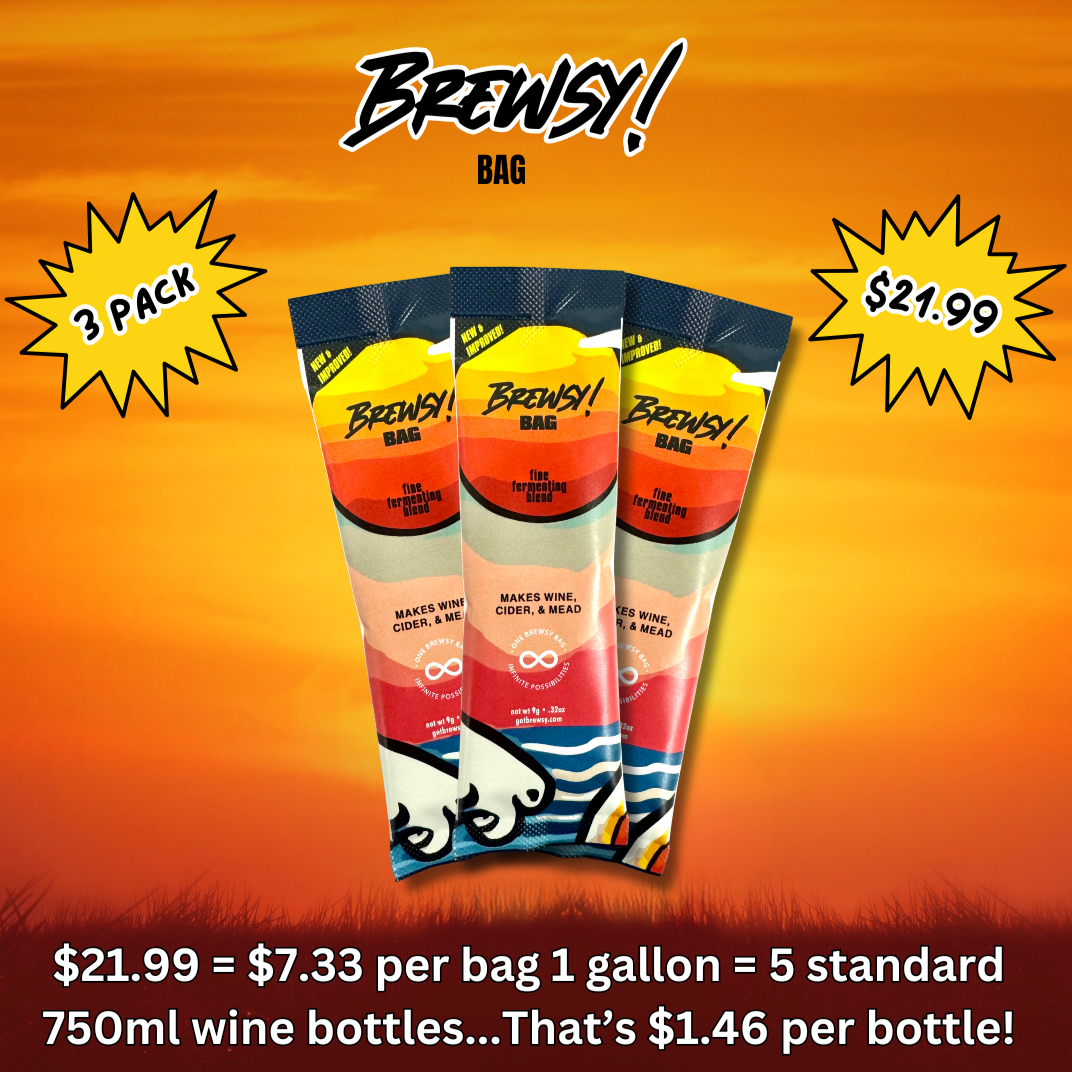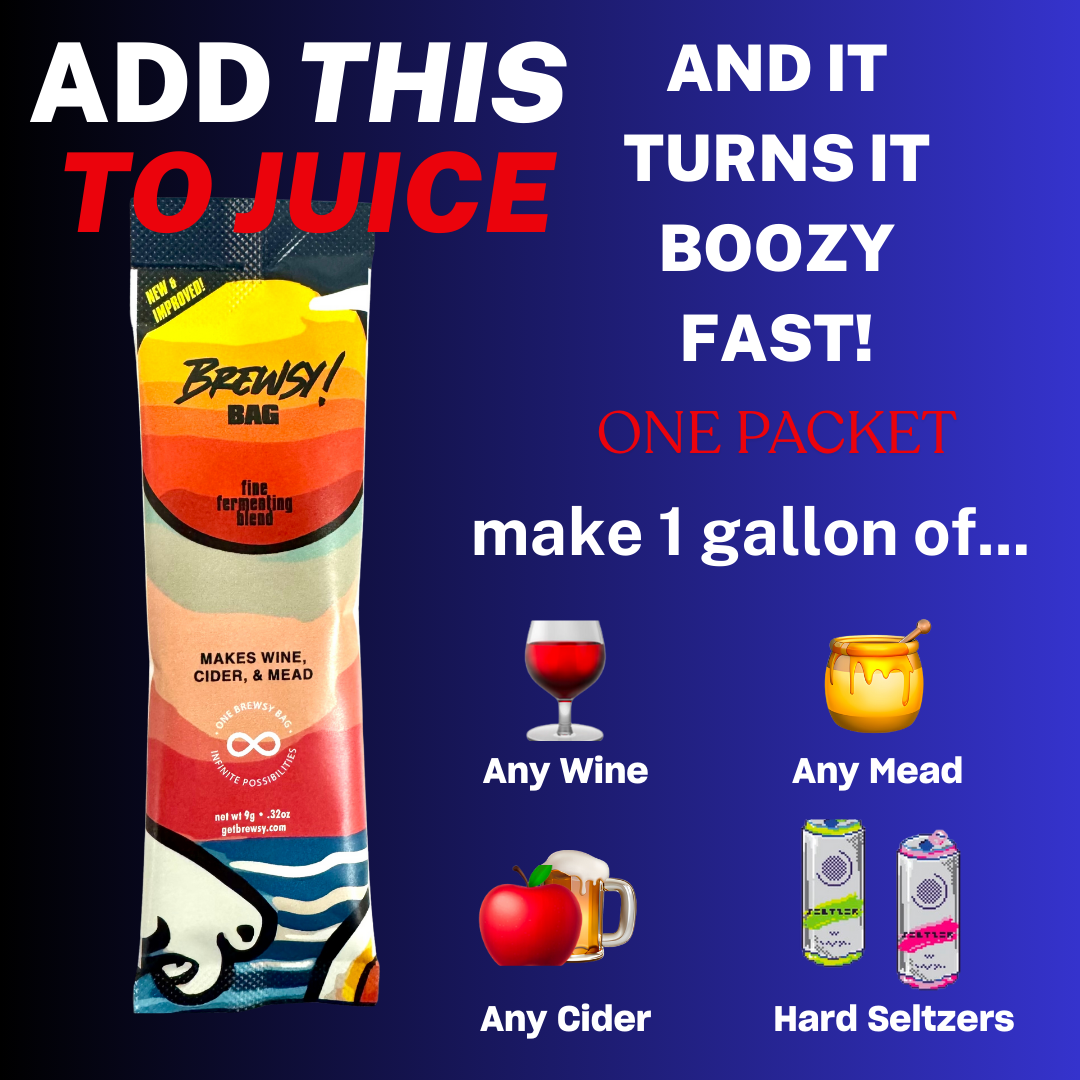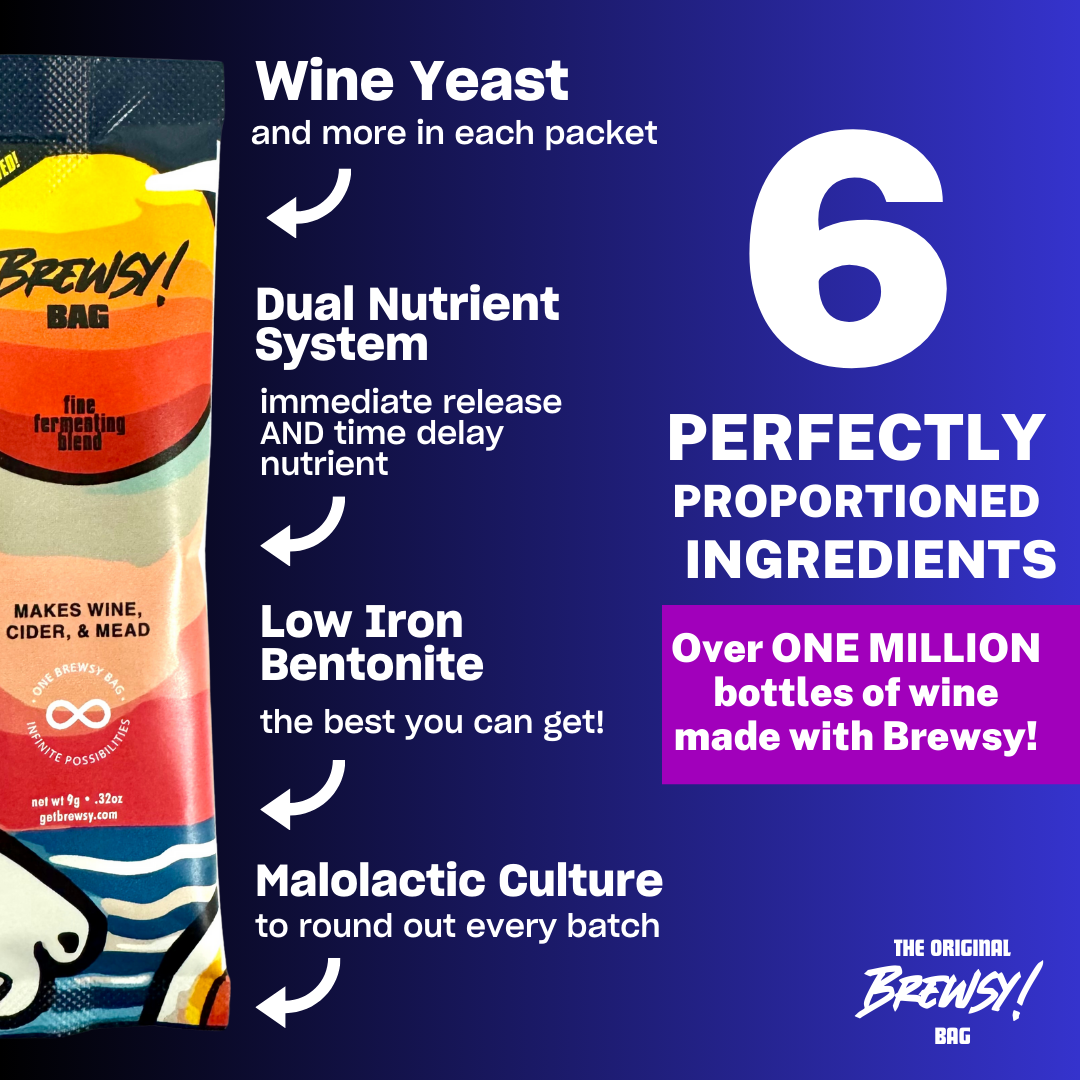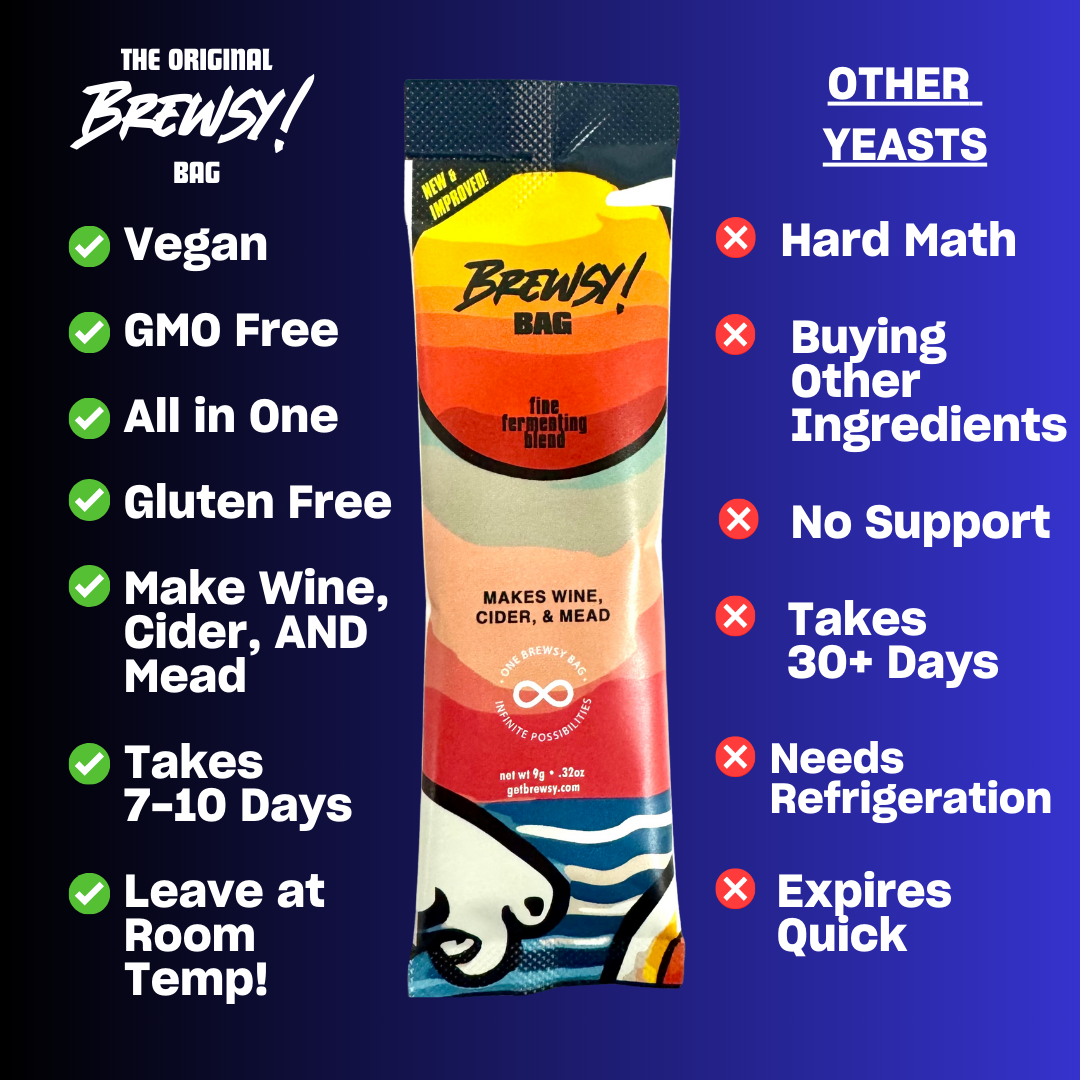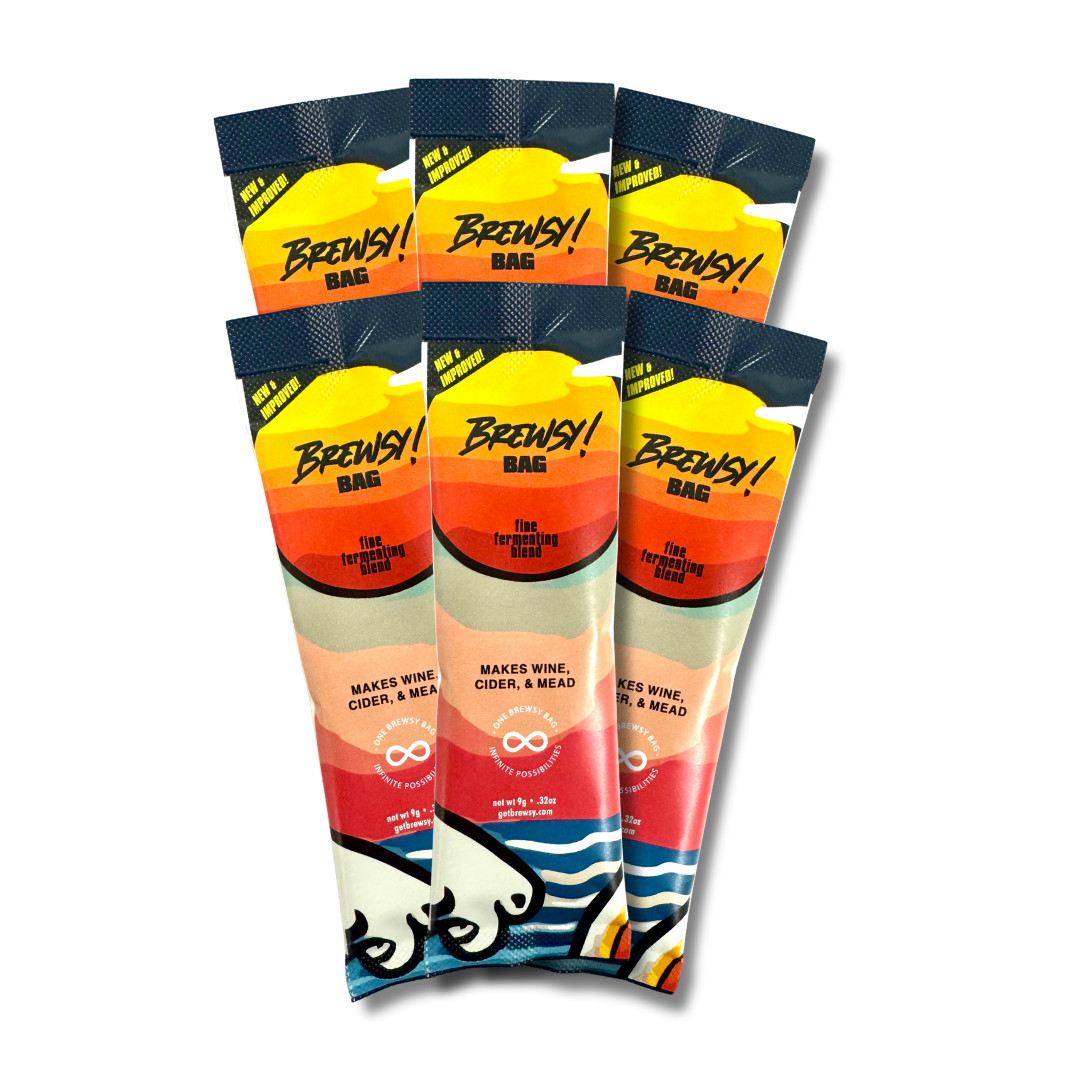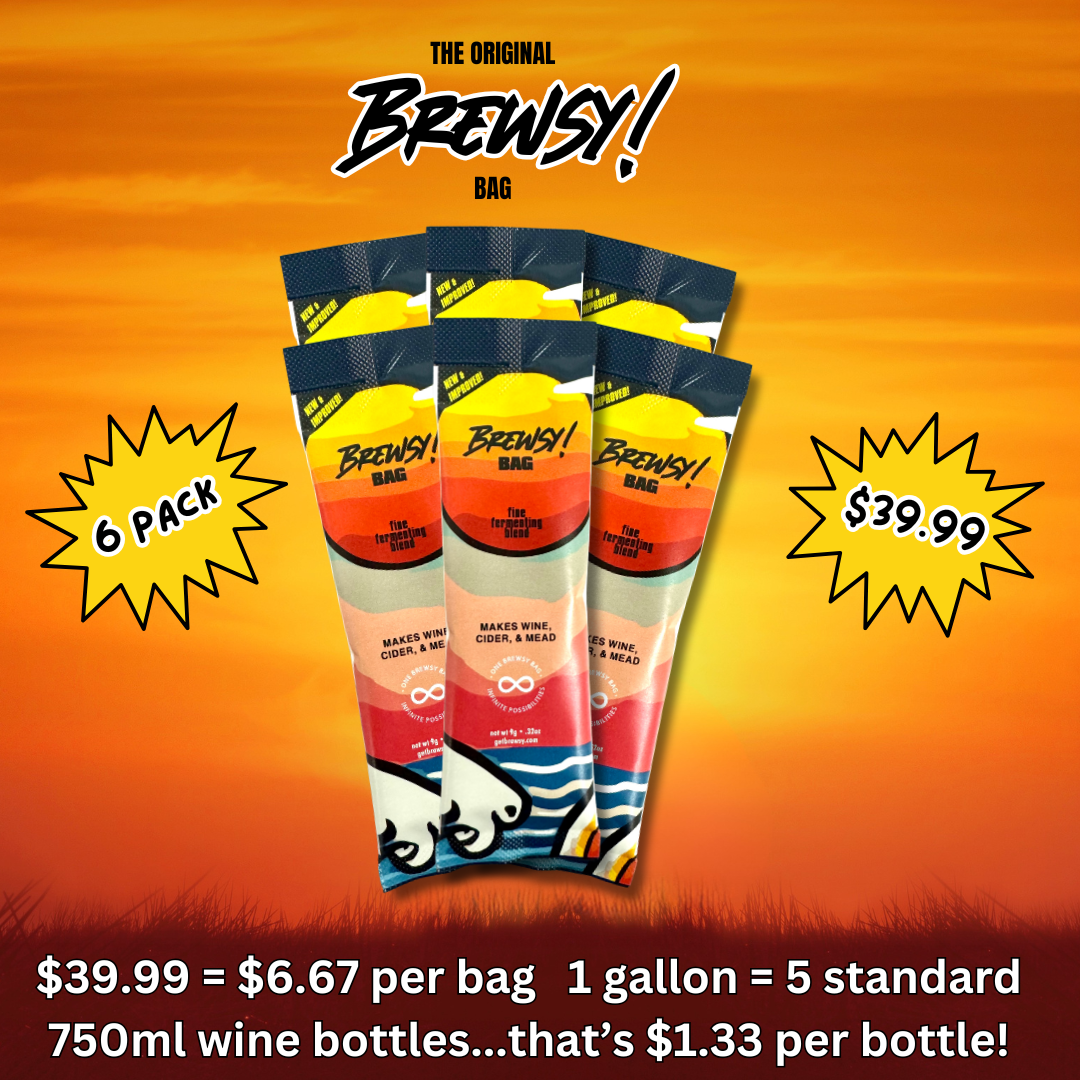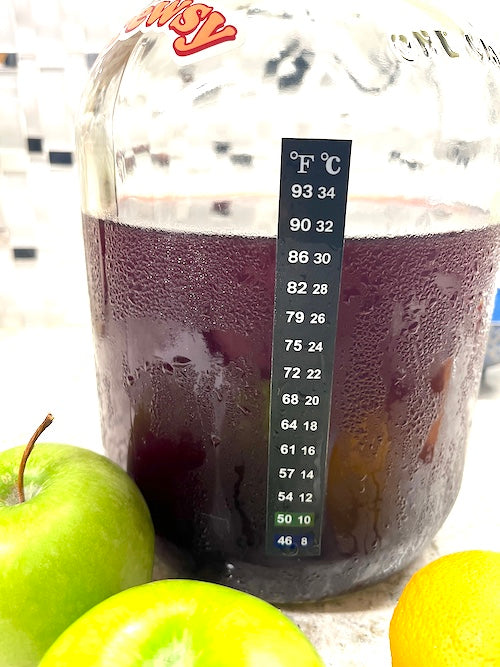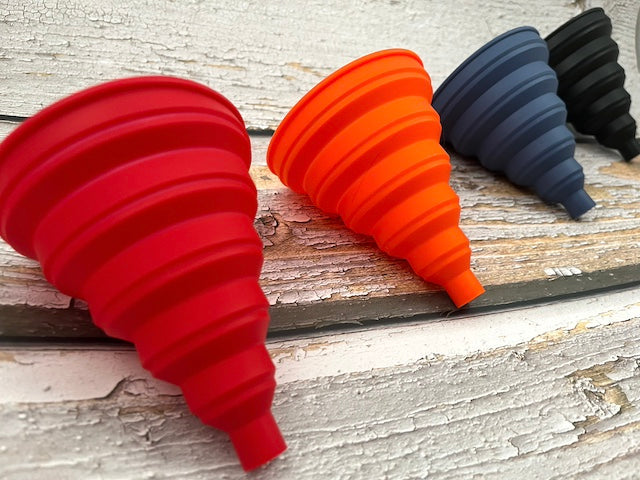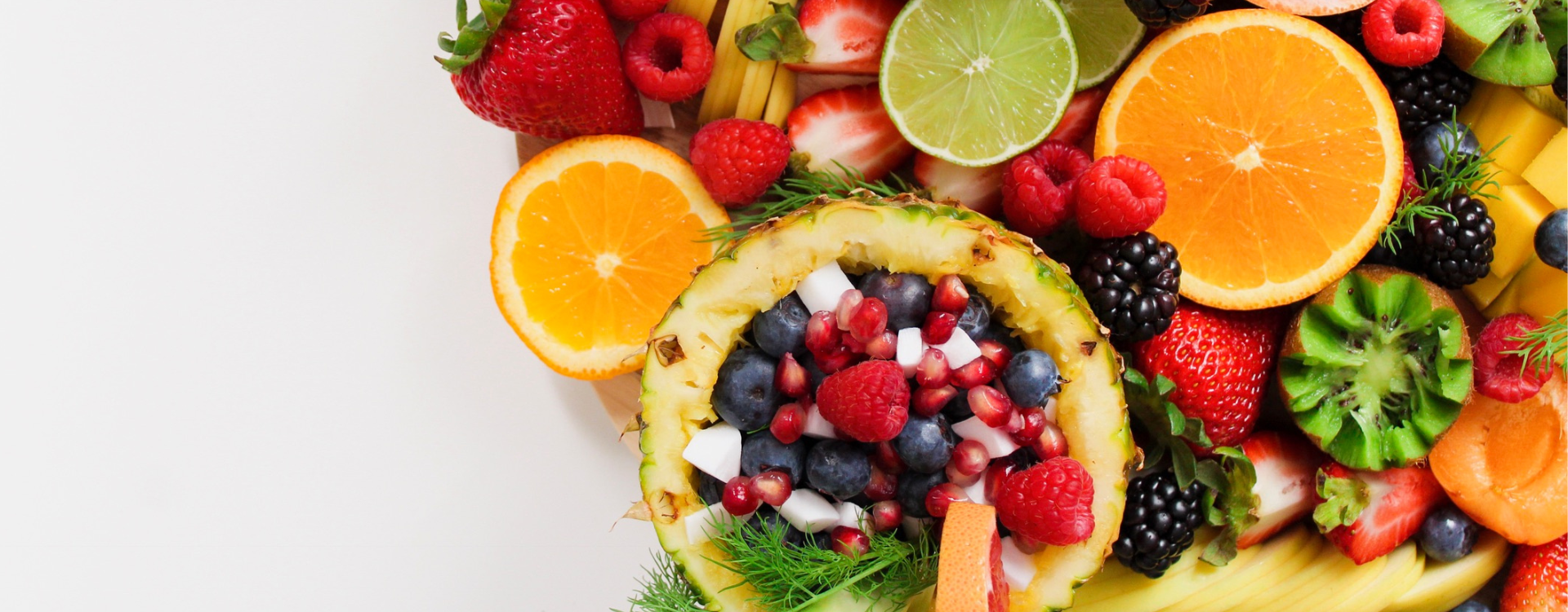
What Is Chianti?
Aside from being a good wine to match a certain kind of bean by a certain doctor with a certain predilection, a Chianti is a wine produced exclusively in the Chianti region of Italy, but what is a Chianti?
Chianti is a region in Italy located in central Tuscany, an area globally renown for its wine. This particular region also makes a wine named after the place.
Historically, Chianti wine has been associated with the squat bottle, which is an almost tear-shaped bottled, that has been wrapped in a straw basket. This particular combination is called a fiasco which is Italian for flask. Sadly, though, this unique kind of bottle is only used a few winemakers these days as most have opted to use standard wine bottle. So while the signature look is on the decline, it still contains the same great wine.
What is the history of Chianti wine?
The earliest mention of a "Chianti wine" dates back to the 14th century, in a time when viticulture was known to thrive in the mountains around Florence, the capital of Tuscany. Traditionally a Chianti wine is a red wine, but some of the early references make it out to be a white wine, however, by the 18th century Chianti had become widely known as a red wine, although, the grape used for it was a mystery.
Ampelographers at the time found indications as to what were the popular grape varieties in the area which were Sangiovese, Mammolo, and Marzemino. It was until the work of Bettino Ricasoli that the wine recipe would be Sangiovese-based.
Unfortunately, however, the 19th century saw the ravaging of vineyards across Europe due to opium and the phylloxera epidemic. Due to the poverty that followed, many workers decided to move abroad, but those that stayed slowly but surely replanted high-yielding Sangiovese clones such as the Sangiovese di Romagna.
Where does Chianti wine come from?
As previously mentioned, unlike wines such as Cabernet Sauvignon which are named after the grape varietal used, any wine produce in the region of Chianti is a Chianti wine, however, to be more precise, most Chianti wines today fall under two major designations in the region of origin control/protection.
Within the Chianti controlled region there are eight defined sub-zones that are allow to use the name Chianti in their wine labels.
There is also the Chianti Superiore which is produced in only six provinces in Tuscany which has a stricter rule of manufacturing than other Chianti wines. Further restrictions on the Superiore include specifically begin aging on 1 January after picking, and cannot be sold to consumers before nine months of aging, three of which in the bottle. So in any given year, a bottle of this wine cannot be bottled before June, or sold to consumers before September.
What grapes are used for Chianti?
Since 1996 the combination of grapes used can vary, however, it is 75-100% Sangiovese, up to 10% Canaiolo, and up to 20% other approved red grape variety.
What is the ABV of Chianti wine?
Chianti Classico must have an alcohol by volume of at least 12%, and must have been aged in oak for a minimum of seven months. Chianto Classic labeled riserva, on the other hand, must have at least 12.5% ABV, and must be aged for at least twenty-four months in its respective winery.

